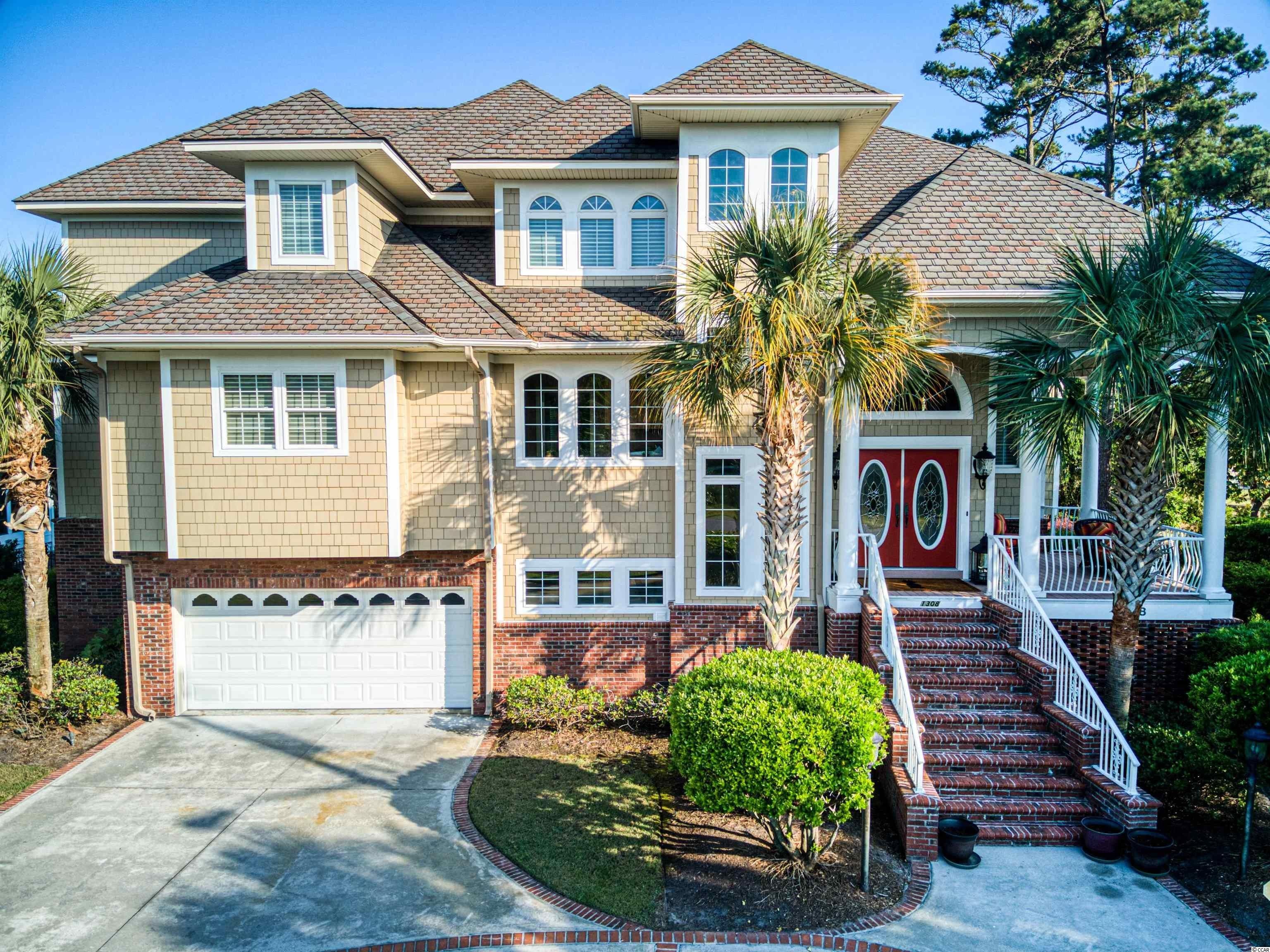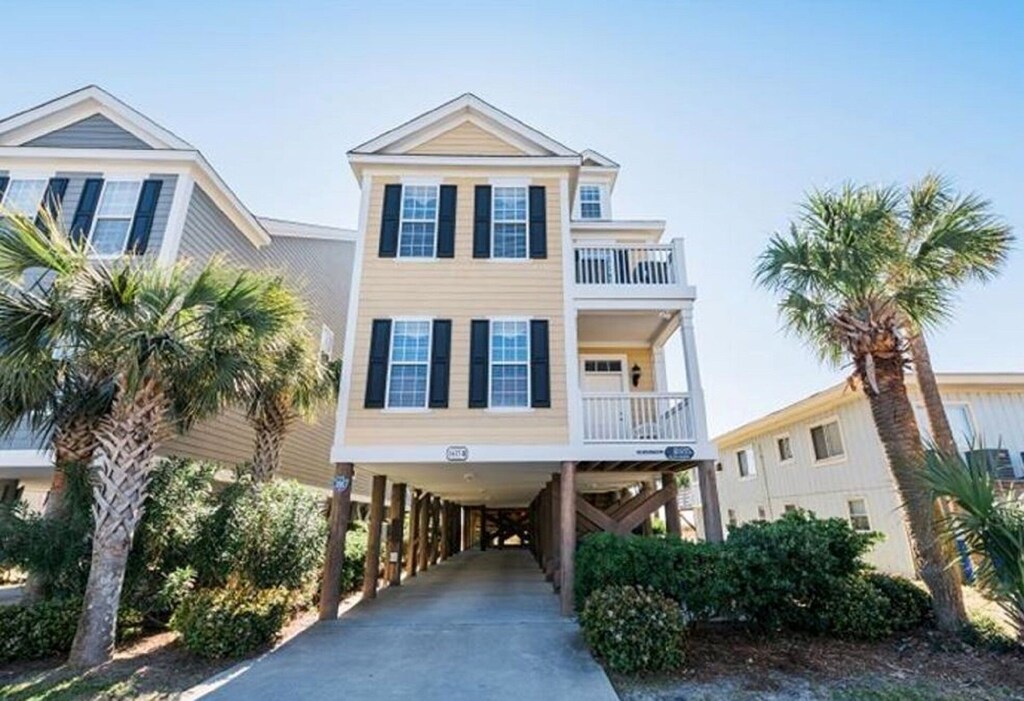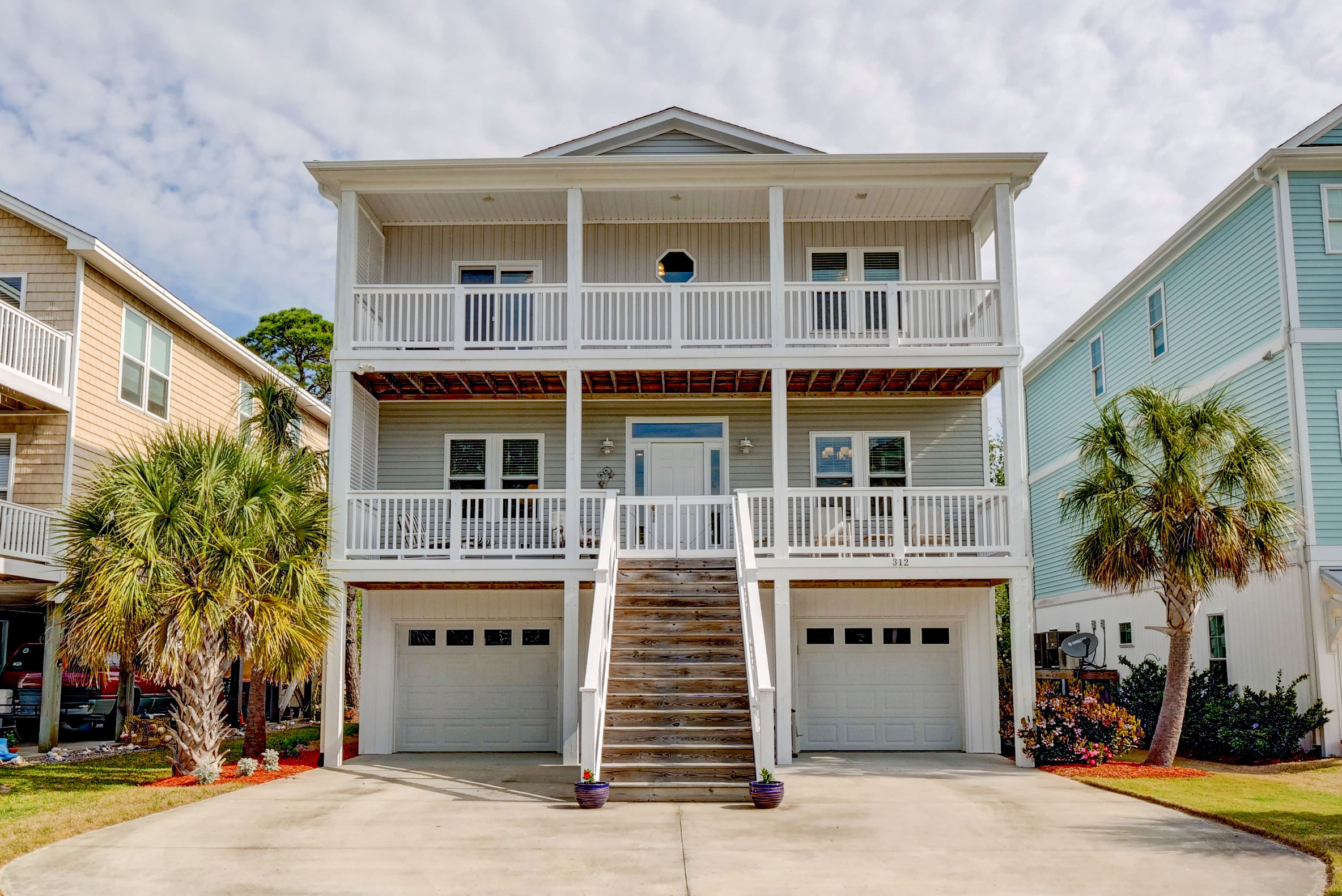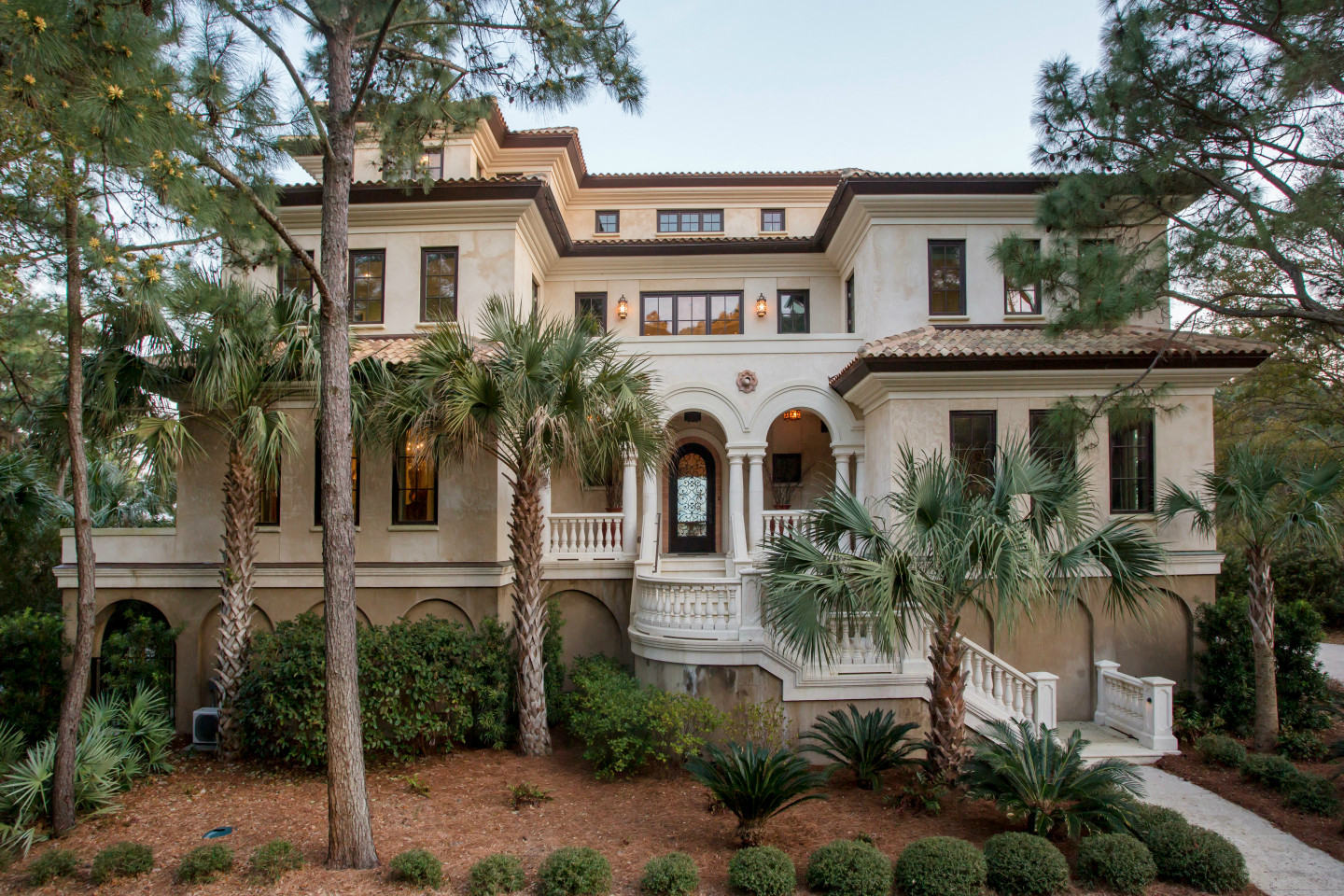Beachfront Homes For Sale Under $100K In South Carolina – Whether it’s vintage clothing, antique furniture, or used luxury watches, second-hand goods offer an opportunity for buyers to find quality items that are no longer available in stores. Legal experts are often involved at this stage to ensure that the transaction is conducted in compliance with all relevant laws and regulations. The struggle is not in resisting the marketplace entirely, but in finding balance, in ensuring that the things that truly matter cannot be bought, sold, or traded. Additionally, second-hand furniture allows buyers to find unique items that may not be available in traditional furniture stores. The production of new goods often requires significant resources, such as raw materials, energy, and labor, while also generating waste and contributing to pollution. In some cases, a business may look profitable but may be hiding significant underlying issues, such as declining sales, ineffective marketing strategies, or employee dissatisfaction. In a world where everything is for sale, it’s easy for the vulnerable and the marginalized to be taken advantage of. The focus on longevity and reliability is what sets these goods apart from their mass-market counterparts. The result is a society that increasingly prioritizes consumption over connection, profit over meaning, and exchange over understanding. The truth is that the idea of quality is deeply rooted in the philosophy of craftsmanship, heritage, and trust, which explains why certain items, often categorized as quality goods, tend to be prized more than others, even when they may come with a higher price tag. On the other hand, traditional industries such as brick-and-mortar retail or manufacturing may face challenges, with many businesses in these sectors looking to sell or transition due to changing market conditions. Economic downturns, for example, can influence the types of businesses that are put up for sale, as struggling companies may look to exit the market. Whether you’re the seller or the buyer, the phrase “for sale” is a reminder that everything in life is in constant motion, always moving toward something new, something different, something better. For those on the outside looking in, the idea of acquiring an existing business might seem both enticing and overwhelming. The sale agreement will include details about the purchase price, payment terms, assets being transferred, and any contingencies that may apply. Thrift stores and consignment shops often work with charitable organizations or local non-profits, using the proceeds from sales to support various causes. However, it’s also important to recognize the darker side of this freedom. Furniture is another category that lends itself well to the second-hand market. For many, purchasing second-hand goods is not just about saving money, but about embracing sustainability, supporting a circular economy, and contributing to a more environmentally conscious world. Beyond financial savings and environmental impact, second-hand goods also offer a sense of nostalgia and connection to the past.

North Myrtle Beach Luxury Homes For Sale Myrtle beach real estate
Updated sales inforeviewssubscribe to newslettercompare communities

Oceanfront Homes For Sale Isle Of Palms Sc Homemy
Updated sales inforeviewssubscribe to newslettercompare communities
Myrtle Beach Oceanfront Homes For Sale
Updated sales inforeviewssubscribe to newslettercompare communities

Myrtle Beach Homes For Sale By Price Myrtle Beach SC
Updated sales inforeviewssubscribe to newslettercompare communities

1308 Springland Ln., North Myrtle Beach, SC 29582 MLS 2211099
Updated sales inforeviewssubscribe to newslettercompare communities

Oceanfront in Sea Pines Hilton Head Island, South Carolina, United
Updated sales inforeviewssubscribe to newslettercompare communities

6 BR Oceanfront Home in Surfside Beach, SC. Sleeps 20 Surfside Beach
Updated sales inforeviewssubscribe to newslettercompare communities

Pawleys Island Oceanfront Homes For Sale
Updated sales inforeviewssubscribe to newslettercompare communities

Carolina Beach Home for Sale 3 Blocks from Ocean
Updated sales inforeviewssubscribe to newslettercompare communities

Charleston County Beachfront Mansion Is for Sale for 11.225M
Updated sales inforeviewssubscribe to newslettercompare communities
It’s a phrase that, at first glance, may seem simple and straightforward. In a sense, the very nature of human existence can feel like a transaction. A business for sale is not always as it appears on the surface, and the buyer must examine the company’s financial statements, contracts, debts, and even its customer relationships before deciding whether to proceed with the transaction. In a circular economy, items are kept in use for as long as possible, reducing the need for new resources and minimizing environmental harm. When everything becomes a transaction, we risk losing sight of what truly matters. When a person decides to sell something, they might weigh the pros and cons, debating whether it’s the right time or whether it’s really necessary to part with what they’ve had for so long. Yet, even within this system, there is room for hope. For the buyer, a car offers freedom, mobility, and a chance to create their own story on the road. Just as with material possessions, when a person is “for sale,” they put their value on display for others to assess. People are rediscovering the value of items that have been made by hand, with care and skill, as opposed to the impersonal, assembly-line products that dominate the marketplace. Many quality goods are made by artisans or small businesses who take the time to create products that reflect their expertise and passion. Whether you’re the seller or the buyer, the phrase “for sale” is a reminder that everything in life is in constant motion, always moving toward something new, something different, something better. While the sale of a business can provide a valuable opportunity for both parties involved, it also carries risks. This is especially true in a world dominated by fast fashion, disposable electronics, and mass-produced products. It is subjective, shaped by cultural norms, individual preferences, and the evolving standards of various industries. Technological advancements and shifts in consumer behavior can also impact the types of businesses that buyers are interested in. A well-maintained, quality leather jacket may last a lifetime, whereas a low-cost alternative might only hold up for a couple of seasons. In the world of quality goods for sale, there is also an inherent sense of value in the stories behind them. Selling such an item can be a difficult decision, yet it often represents the practical need to downsize or make space for something new. Second-hand markets also promote the idea of a circular economy, an economic system that focuses on reducing waste and reusing products.
While many artists and creators are forced to sell their work in order to make a living, there is still a sense of purity in the act of creation. In a world dominated by fast fashion, disposable electronics, and mass-produced items, many people are beginning to question the value of constantly purchasing new products. This is particularly important in a world where design has become a central element in consumer decision-making. The culture of buying second-hand goods is rapidly shifting in the modern world, particularly among younger generations. When we begin to view everything through the lens of commerce, it’s easy to lose sight of the things that make life worth living — the moments that aren’t for sale, the experiences that can’t be bought. Additionally, many second-hand items are still in excellent condition, having been gently used or well-maintained by their previous owners, further enhancing the appeal of these products. A well-made frying pan or a durable pair of boots might not have the cachet of a designer handbag, but their value lies in their functionality and reliability. For sellers, the challenge lies in pricing items fairly and accurately representing their condition. The market for second-hand goods is also influenced by societal trends and economic conditions. The production of new goods often requires significant resources, such as raw materials, energy, and labor, while also generating waste and contributing to pollution. Second-hand goods, especially those that are vintage or antique, often carry a sense of history and craftsmanship that can be missing from mass-produced products. The growing interest in second-hand goods can also be attributed to shifting cultural attitudes toward consumption. This shift from a linear economy, where products are made, used, and disposed of, to a circular one, where products are continually reused and repurposed, is a step towards a more sustainable and environmentally friendly world. Are there things that should be kept beyond the realm of trade? Or has the marketplace — with its insatiable demand and promise of exchange — seeped into every facet of our being?
If everything is for sale, then the concept of value itself becomes fluid, subjective, and often manipulated. The rise of minimalist living, which emphasizes owning fewer, more meaningful possessions, has played a role in this shift. The idea of buying things that were once owned by someone else is no longer considered taboo or lesser; rather, it has become a lifestyle choice for those who want to make smarter, more ethical purchasing decisions. They can assist in determining the right price for the business, marketing it to potential buyers, and managing the negotiation process. The online second-hand market has also made it possible for people to buy and sell niche items that may not be available in local stores. These moments remind us that there is more to life than the pursuit of profit, and that not everything can be measured by a price tag. The idea that everything has a price, and that everything is for sale, may seem like a grim outlook, but it’s one that has become increasingly true.